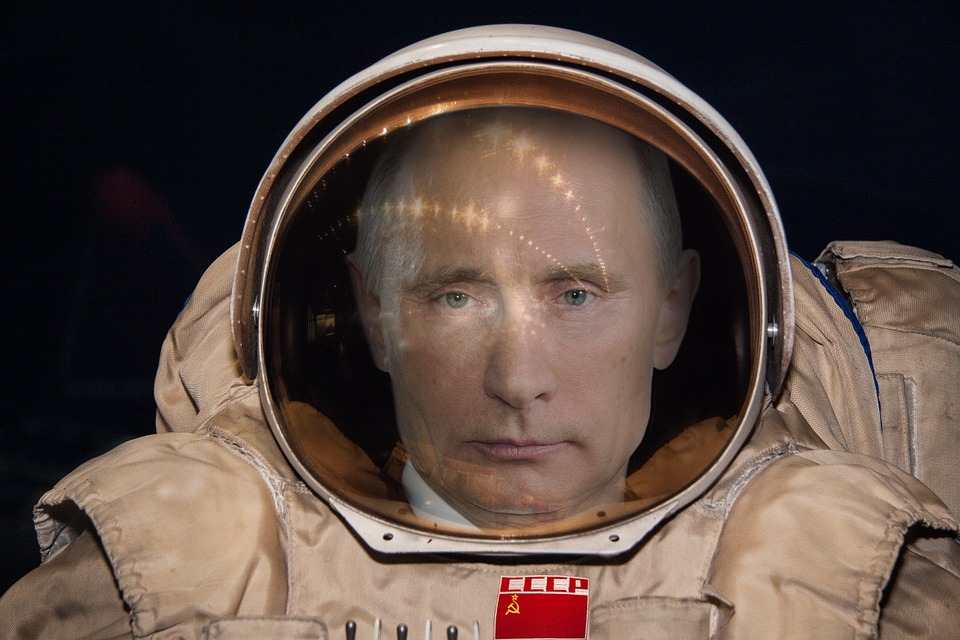Whose fake news?

We chat with Washington Post op-ed columnist Dana Milbank about Russian hackers, populism and the partisan nature of news
Published 17 August 2017
In the wake of President Trump’s election, Dana Milbank questions whether the media should have given him so much free publicity and the role of journalists in an age where people can filter out the news they don’t want to hear.
He also questions the ethics of Wikileaks and muses on the misuse of the term ‘fake news’ – particularly by President Trump - to diminish unflattering coverage.
Is propaganda on the rise and can journalists do anything about it?
Episode recorded: 29 June 2017
Producers: Dr Andi Horvath and Chris Hatzis Audio engineer: Arch Cuthbertson Editor: Chris Hatzis Production assistant: Claudia Hooper Banner image: Pixabay
Dana Milbank visited the University of Melbourne as a guest of the School of Social and Political Sciences, Faculty of Arts.
Subscribe to Eavesdrop on Experts through iTunes.

